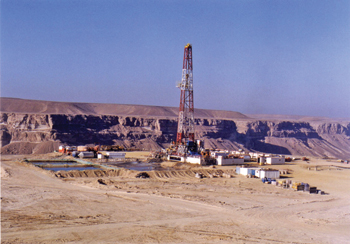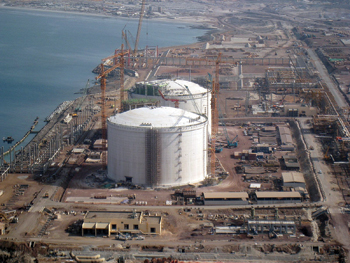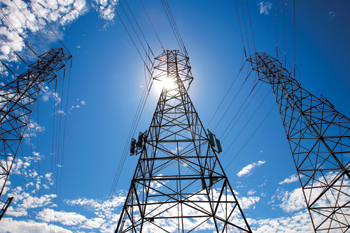
 Consumption of oil and gas is rising
Consumption of oil and gas is rising
YEMEN is not a major energy resource producer when compared to its Gulf neighbours, but its economy is heavily dependent on oil revenue. In 2010, just before the uprisings, approximately 60 per cent to 70 per cent of Yemeni government revenues and over 90 per cent of foreign exchange earnings came from the sale of oil and gas. Oil reserves and production are in two basins-one in the Marib and Shabwa governorates and one in the east in Hadramout. There is speculation that Yemen may have larger reserves which hitherto have remained un-exploited because of the enduring security situation. What can Yemen do to maximise its oil resources moving forward?
During the past three years since the uprising there has been much interest in new oil and gas fields, particularly in Al Jawf governorate, just south of the Yemen-Saudi border. Yemen’s oil and minerals minister said in January 2013 that Yemen’s reserves of oil are higher than previously thought. A Yemeni government-owned oil and gas company (Safir) says that the new discoveries potentially offer a daily output of up to about 6 million cubic feet (mcf) of gas.
These recent reports have received wide public attention as people hope for an economy on par with more affluent Gulf neighbours. Exploiting Yemen’s potential reserves would be very timely coming as it does post-uprising and at a time when even the most generous of international donors are experiencing donor fatigue; new oil and gas output would re-energise Yemen’s failing economy.
According to the January 2013 Oil and Gas Journal, Yemen has proven oil reserves of about three billion barrels. This might sound like a lot, but three billion barrels is less than Saudi Arabia produces each year. Yemen’s current oil production is estimated only to be 173,000 bpd, with production in steady decline since peaking in 2001. Production reduced from 298,000 bpd in 2009, to 120,000 bpd by August 2013.
The decline in production is due to frequent attacks on pipelines which have cost the government many millions of dollars of lost oil revenue. In 2012, there were more than 15 such attacks and oil exports were completely offline for most of the first half of the year. In the first eight months of 2013 there were at least nine attacks on Yemen’s oil and natural gas pipeline system.
According to BP, falling oil revenues have stoked anti-government sentiment. Thus even if existing oil reserves are higher than initially thought or new resources could be found, the current security environment still restricts the ability of companies to produce and transport oil. Several smaller international oil companies have suspended operations.
Despite the difficulties, domestic consumption of oil is rising, meaning that more and more of Yemen’s oil will be consumed domestically and will not be available for export. Government will surely have to raise prices to generate the necessary income and that will further alarm the populous. Alternatively, the government will have to buy more foreign oil, which in turn will affect Yemeni prices.








































































